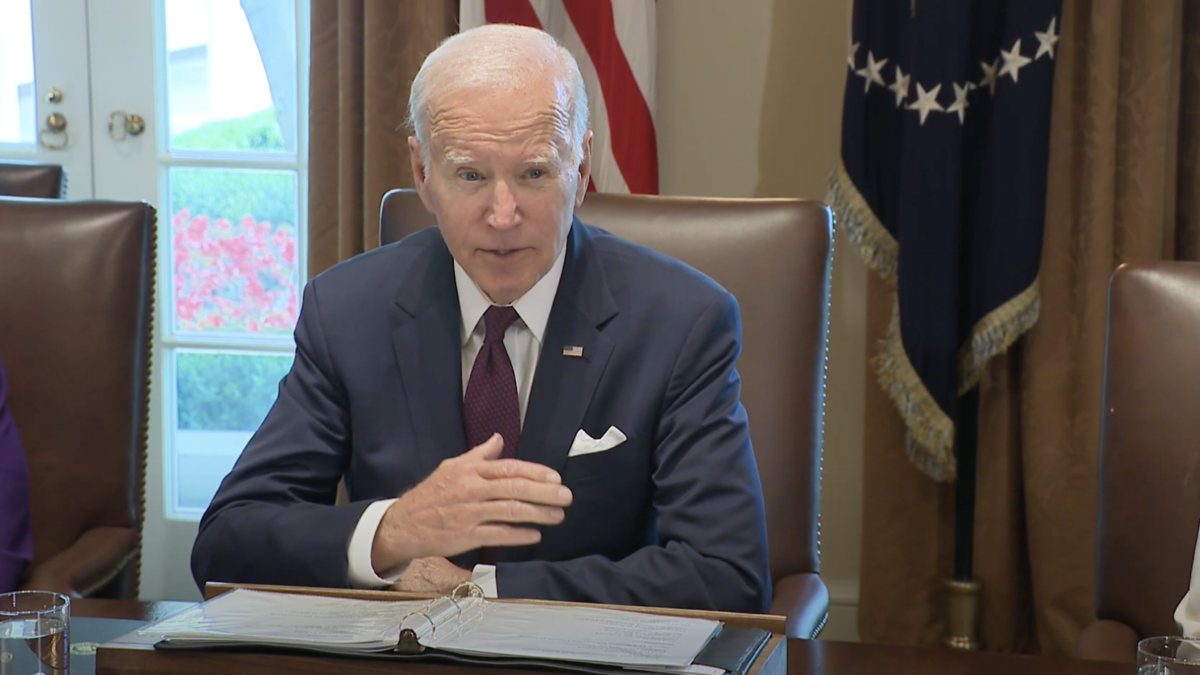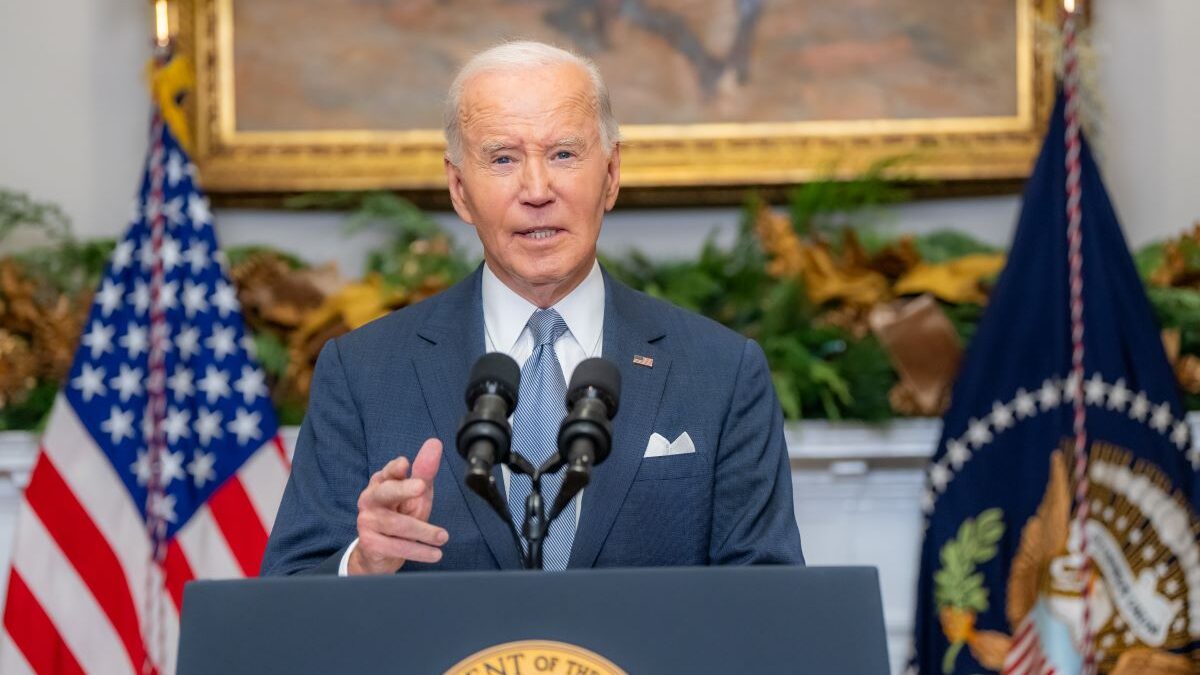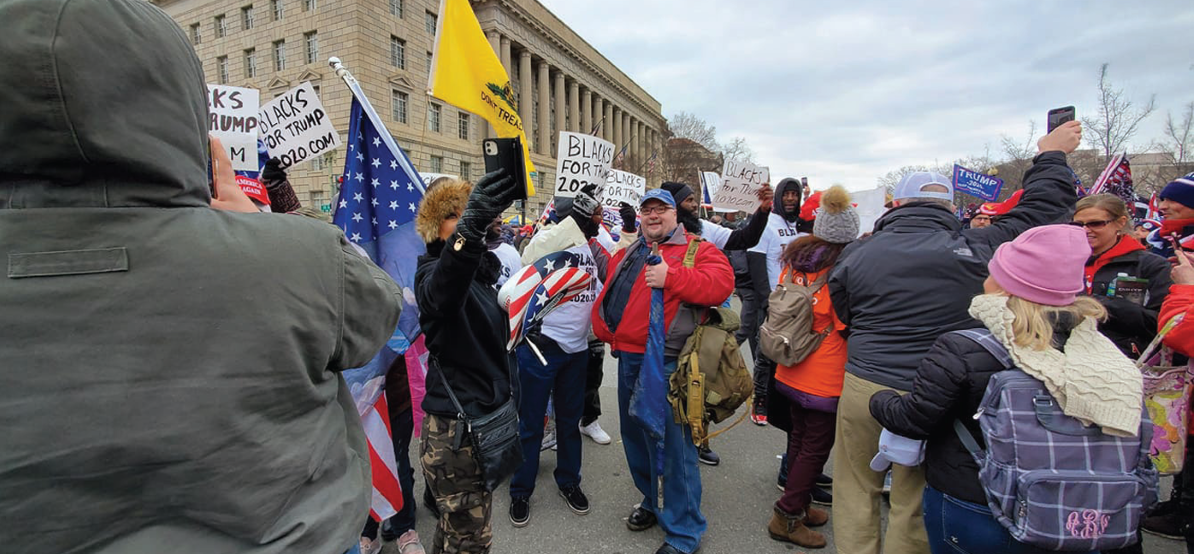The long-awaited release of the “affidavit” of probable cause in support of the Trump raid is finally here. Oh, there are plenty of redactions; more than 20 out of 38 pages are full or partial redactions. Even the list of reasons for the redactions is completely redacted except for a couple of “Agent Safety” references.
A heavy redaction is not surprising. What is surprising is what we are left with in the unredacted portions, which does nothing to support the justification for the warrant nor the manner in which the warrant was executed. We can now see more clearly why the DOJ did not want to release the affidavit.
Plain and simply, the affidavit appears to have forgotten to include the legal and factual basis to establish probable cause that President Trump illegally removed or possessed highly classified documents in his home. For the warrant to withstand constitutional scrutiny, the redacted portions have a lot of work to do to articulate a very dark and sinister set of facts describing how Trump took top secrets of the United States that he did not declassify and that he did so with the intent to harm the United States or profit on the sensitive information. Otherwise, it is hard to fathom the decision to pursue a former president of the United States and current leader of the opposing political party in the manner that the DOJ and FBI have in this case.
Without more, the unredacted portions leave objective Americans with a stronger concern that this case is more about the DOJ and FBI disagreeing with Trump’s lawyers on what the former president could legally keep and subsequently taking matters into their own hands.
First, let’s address the apparent shortcomings of the affidavit in terms of establishing the necessary probable cause to secure a warrant. The Fourth Amendment of the United States Constitution protects citizens against the unreasonable search of their person or property, as well as their seizure (arrest). To comply with the Fourth Amendment, the government must establish probable cause that a crime has been committed and that the location to be searched contains specific evidence of that crime. The search can be determined unreasonable when the law does not clearly articulate an applicable crime, the facts do not justify the search, or the scope of the search exceeds the basis upon which the search warrant was granted.
To this end, conjecture does not probable cause make, and yet, from the unredacted portion, conjecture appears to be what scored the FBI a warrant to search Trump’s home.
The FBI’s affidavit does not establish probable cause to find that Trump was complicit in the removal of classified materials from the White House, or the subsequent improper storage of the same in his home at Mar-a-Lago. This bald assertion is based on allegations that 15 boxes were presented to the National Archives from Mar-a-Lago earlier this year pursuant to the Presidential Records Act, and that some of the documents therein were classified. The FBI’s request for a warrant to search Trump’s residence was predicated on their assumption that Trump probably sent these documents from Mar-a-Lago, and that this means there is probable cause that there are more classified documents at this location, that Trump is in possession of these documents, and that illegal actions have been taken around these documents.
Nowhere in the redacted affidavit is there a presentation of facts to establish that probable cause exists that classified documents remained at Mar-a-Lago nor that Trump was aware or personally in possession of the documents.
Moreover, the FBI’s affidavit presents no facts to suggest that the alleged classified documents were possessed illegally or otherwise subject to illegal activity. The affidavit glossed over credible legal defenses supporting the legality of Trump’s alleged possession and failed to address whether it possessed the authority to pursue the charges identified in the affidavit against a former U.S. president. The magistrate judge who authorized the warrant seemingly did the same.
Given the unprecedented nature of the case where the law routinely treats presidents and former presidents differently than the average citizen, the absence of any legal analysis on whether the DOJ could even pursue such a case against Trump is staggering. DOJ has an army of lawyers in the Office of Legal Counsel who pump out legal memos on such issues. If such a memo exists, any analysis contained therein does not appear to have made it into the affidavit or the warrant. The absence of legal analysis alone should have justified a denial of the search warrant, and the fact that it did not should give Americans, regardless of their opinion of Trump, some serious pause.
As far as factual basis or legal analysis goes, the only thing we can take from the unredacted affidavit is that the FBI simply alleged there were probably documents at Mar-a-Lago someone probably was not allowed to have, that someone was probably Trump, and this is illegal. Upon this conjecture, a warrant was granted for an unprecedented search of a former president’s residence.
Secondly, concerns around the ease with which the government was able to raid a home despite an alarmingly deficient basis to support the intrusion are not relieved because the home belonged to Donald Trump. Trump’s detractors, even the most ardent civil liberties activists, seem willing to turn a shortsighted blind eye to civil liberty violations when the target is named Trump. But we challenge those who celebrate this warrant as satisfying your continued hostilities to read the affidavit again. This time, substitute your own name for that of Trump.
This challenge is not to chasten Trump opponents for their view of the man or his politics, but to remind those who purport to care about the rights and liberties of all Americans that they themselves are not immune. If the FBI can so easily obtain the right to raid Trump’s home based on nothing but a presumption, if not a personal or political agenda, what is left to protect you, your home, or your privacy?
Fourth Amendment protections are fundamental, but whether this remains true will turn on every American demanding that the same extend to every American. If the rights of my enemy are ignored, then I should expect no less for myself and those I care about.









